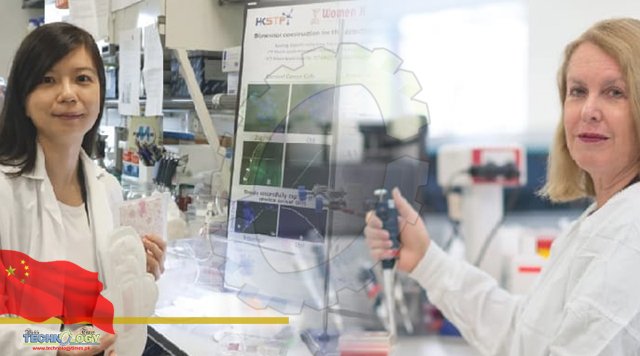A non-invasive kit to self-test kit for cervical cancer may become available for women, according to a Hong Kong scientist.

Dr Choi Pui-wah, a PhD holder from the Chinese University of Hong Kong (CUHK) and founder of WomenX Biotech, said she hoped her work would encourage more women to test for cervical cancer, which is ranked eighth among female cancer incidences and deaths in the city, claiming 162 lives in 2019 . “I also hope this technology can be extended to other diseases such as ovarian cancer, which is likewise hard to identify, with many only discovering it at a later stage,” Choi’s technology, which still requires more tests, centres on screening for cancer using menstrual blood – a process that can be easily self-applied in privacy. This bypasses the need for a Pap smear, which involves inserting a tool into the vagina to collect cells at the outer opening of the cervix. self-test kit, Patients have complained the process is often painful or uncomfortable. A friend of mine shared with me her unpleasant Pap smear experience, inspiring me to study if menstrual blood could be an alternative,” Choi recalled. “We hope to redefine menstruation and sanitary pads as opportunities and tools for self-testing.” Choi said her research aimed to allow women to collect a small amount of menstrual blood and test it for cancer or other diseases.
The accuracy of such tests could be up to 80 per cent, she estimated. The scientist, who returned from Harvard Medical School in 2018, also voiced hope her story would continue to inspire more young Hongkongers interested in biotechnology. “I was previously invited by CUHK professors to speak at career talks. self-test kit, The professors felt that students seemed to lack clear goals and worried about job opportunities for life science graduates,” she said, adding that the situation had since improved and her start-up had received hundreds of applications for internships. Choi, who obtained her PhD from CUHK in 2013, has spent more than 10 years studying ways to tackle diseases affecting women. She noticed that in 2018, about 570,000 women worldwide were diagnosed with cervical cancer, and 311,000 died from it. In Asia alone, there were more than 315,000 diagnoses and 168,000 deaths, according to her. “Researchers found that the sensitivity of the Pap smear was as low as 51 per cent. In China, only an estimated 25 per cent of the female population had taken the test,” she said. Choi added that Pap smears were also not popular as the invasive process was often conducted by male doctors. That was why she decided to pursue her idea.
Source: This news is originally published by scmp